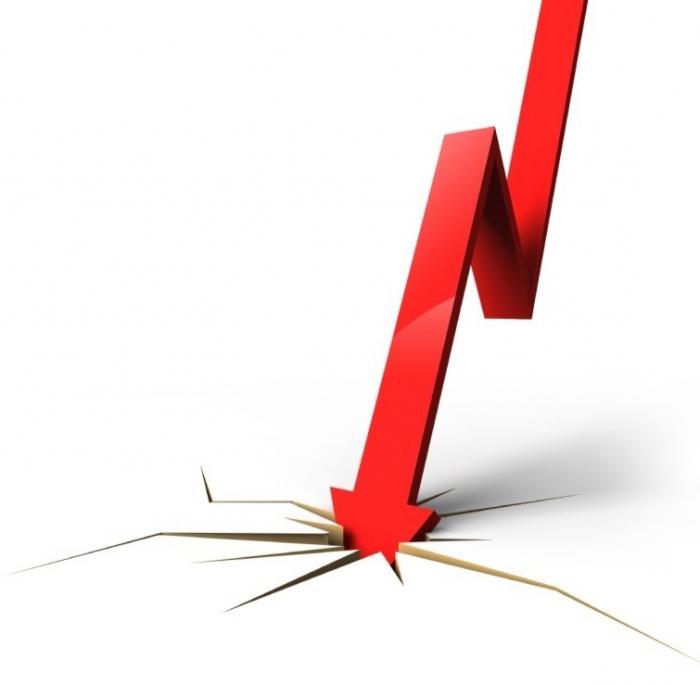In most economies in the world, inflationary processes prevail. Many economists are inclined to think that keeping the economy at the level of price growth of 2-3% is optimal for its development. And only a few countries are dominated by deflation. This applies to Japan, Bahrain and Belize, where a similar situation has been observed for several years.
Of course, inflation itself is considered a negative phenomenon, especially when its rate exceeds the specified threshold. The money supply is depreciating, the purchasing power of the population, while maintaining consumption, is falling, which encourages people to strive for more income. Deflation is the reverse process, the purchasing power of money is increasing, prices are falling, which, while maintaining the current level of consumption, gives an increase in savings. From the point of view of the layman, this situation is favorable.
But from the point of view of the state, everything is more complicated: prices are falling, and people continue to buy as much as before, which means that producers' incomes are falling and they are going bankrupt. If this does not happen immediately, then sooner or later the market will be saturated anyway. People carry the freed funds to banks and make deposits. Banks do not issue loans as unnecessary. People eventually stop not only striving for higher wages, but also stop working altogether, since they can live on interest on deposits. Over time, this situation develops into stagnation, since there is practically no production, the financial system is also falling apart, and the economy is not developing. It is believed that these are the consequences of deflation.

The economy is a complex system with numerous mechanisms of self-regulation, which are not yet fully understood. And although most economists are inclined to believe that deflationary processes are detrimental, this phenomenon cannot be called unambiguously negative. It is believed that in choosing between it and inflation, the latter becomes a lesser evil, while balance is impossible.
True, some experts still think that if the money supply is controlled not by the state, but by economic agents, then both inflation and deflation will disappear. This is possible, although difficult to implement. It is difficult to verify this theory, since it is almost impossible to create a suitable platform for such an experiment.
Most experts see the reasons for deflation in the high growth rates of production capacities, as well as in the imbalance of the banking system in
side of the reduction in lending. In the general case, these processes are usually nevertheless balanced by inflation. A number of apologists for the deflationary model of the economy believe that its construction is possible in practice, and any understandable difficulties of the transition period are surmountable. True, such a scheme is realizable only, perhaps, under the communist system. And if it would be appropriate then to call such a market economy - a serious question.
In the meantime, the economic model with controlled moderate inflation prevails, and a new generation of economists is brought up with the idea that deflation is a negative process that must be avoided by all means.